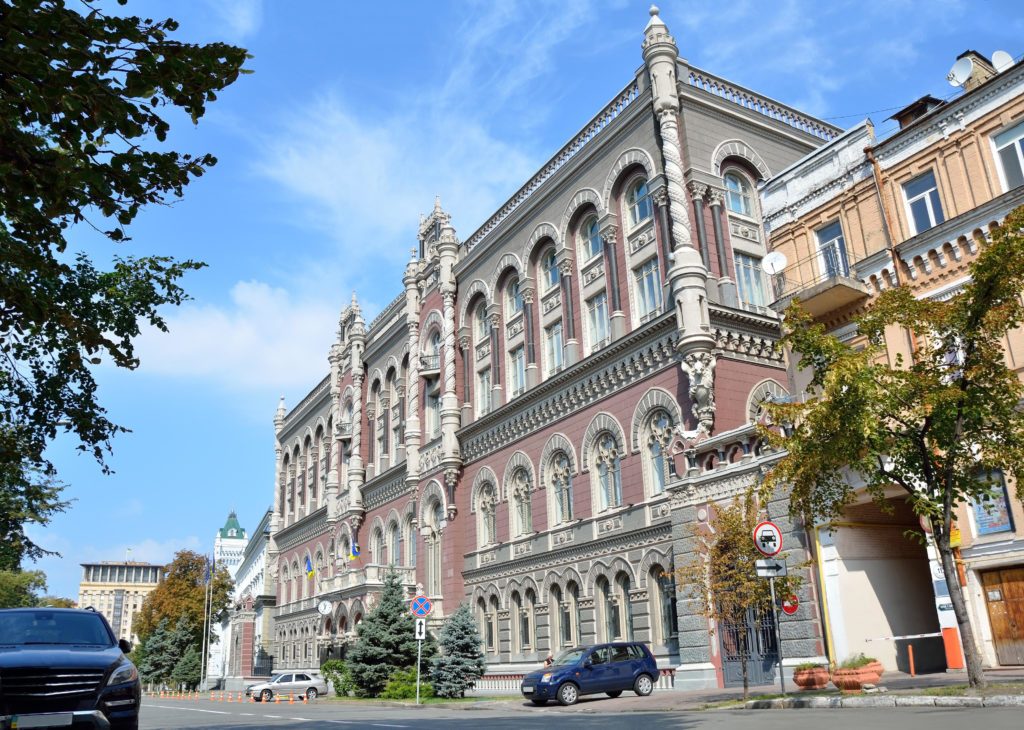KYIV
Ukraine’s central bank does not rule out further increase in its key refinancing rate to curb accelerating inflation and reduce inflationary expectations.
Earlier this week, the bank raised the interest rate to 10 percent from 9 percent.
“The National Bank of Ukraine plans to increase the discount rate by 100 basis points in March to 11 percent per annum from the current 10 percent,” local media cited Kateryna Rozhkova, the bank first deputy chairman, as saying.
She said that the majority of the members of the bank’s monetary committee and the members of the board voted in favour of raising the rate by one percent and then, perhaps, in March by another one percent.
She said that the increase was “possible.”
“There are various external and internal factors that may correct the problem and such a decision will not need to be made, but as of today, there is such a need,” Rozhkova added.
The rate of 6 percent was in effect from June 2020 to March 2021. Then the rate was gradually increased. The last time the central bank raised the rate by half a point to 9 percent in December last year and signalled that a further increase might be necessary.
“As many of the pro-inflationary risks have materialised, tighter monetary policy is needed to improve inflation expectations and ensure steady disinflation toward the target of 5 percent,” the central bank said in a statement.
“Having peaked in autumn 2021, inflation has been declining. However, the decline has been slower than expected, and the underlying inflationary pressure has increased.”
The consumer price index rose by 10 percent year-on-year in 2021, up from 5 percent a year earlier and down from 10.3 percent in November last year. Consumer prices rose 0.6 percent month-on-month in December, up from 0.8 percent in November.
The central bank projects that inflation will get back to 5 percent in 2022.
The bank said it would continue to use the mechanism of foreign exchange interventions to smooth excessive market fluctuations. At the same time, the regulator decided in the coming quarters to refrain from planned daily interventions to buy foreign currency in the interbank foreign exchange market to replenish reserves.
Further progress in cooperation with the International Monetary Fund (IMF) was cited by the NBU as one of the main factors contributing to more sustainable economic development.
In November 2021, Ukraine secured around $700 million from the IMF after months of tortuous negotiations on resuming disbursements of a standby arrangement.
The agreement was seen by experts as a positive development for Ukraine’s economic and financial stability. The central bank considers cooperation with the IMF as one of the factors in its monetary policy.
“Cooperation with the Fund will be no less important in the future, especially in the current deteriorating information background amid tense geopolitical situation and increased competition from emerging markets for more capital. tough monetary conditions in the world,” the bank said.

